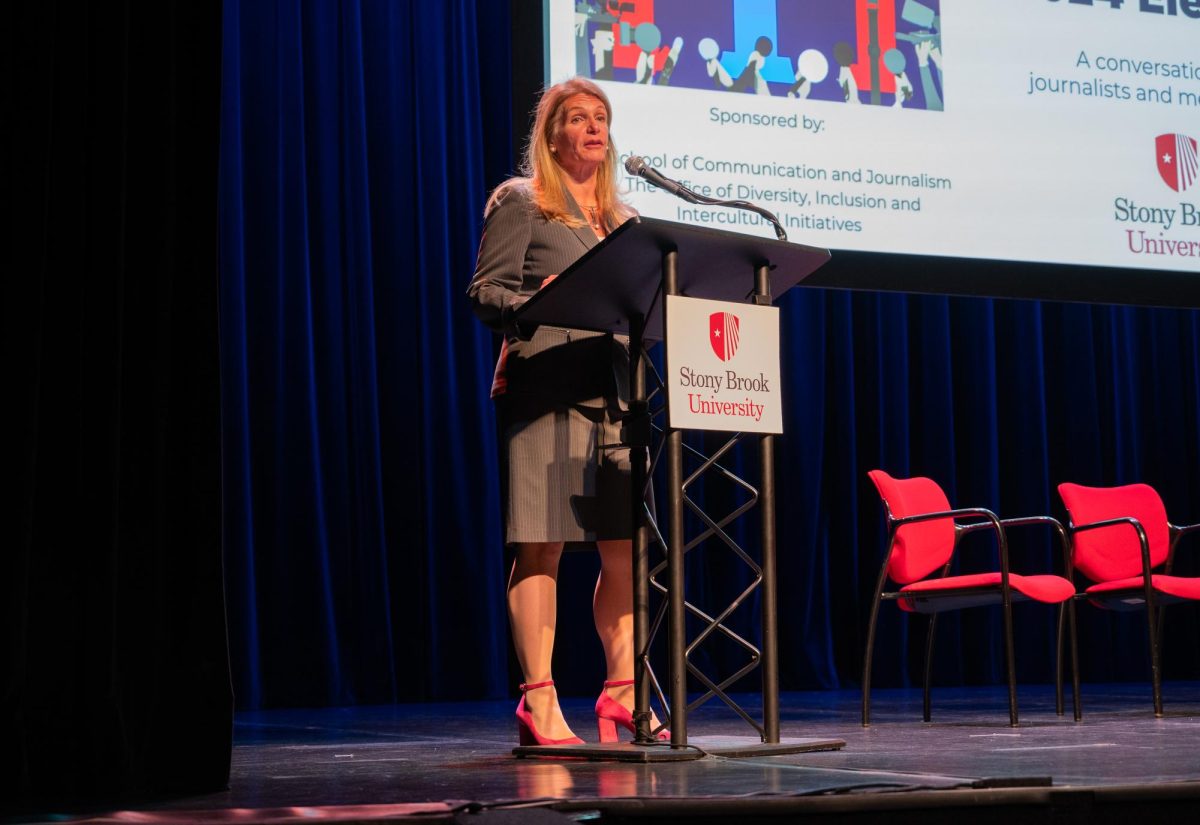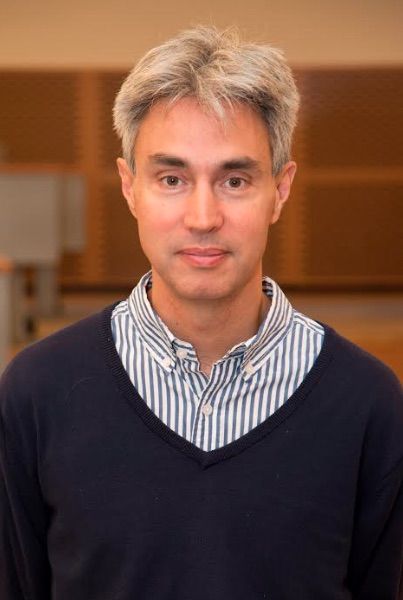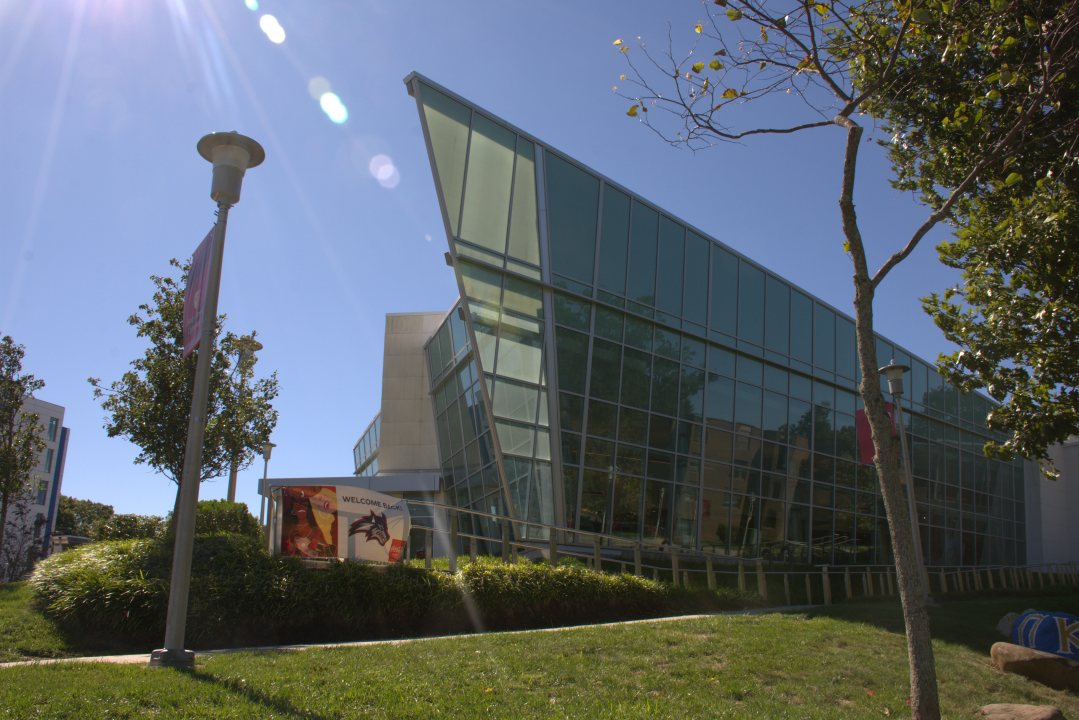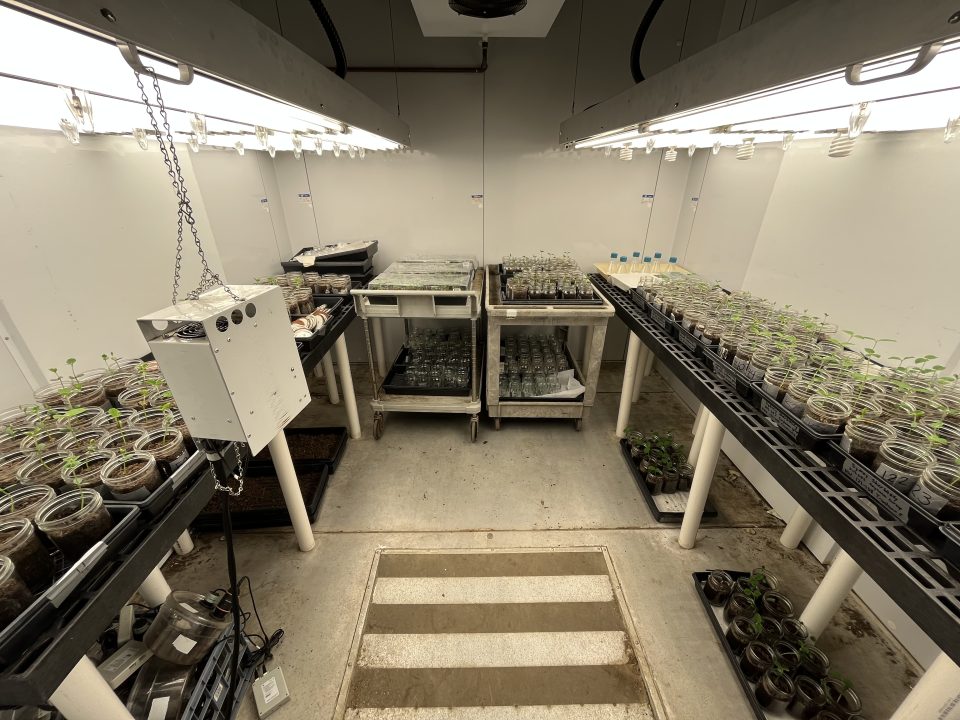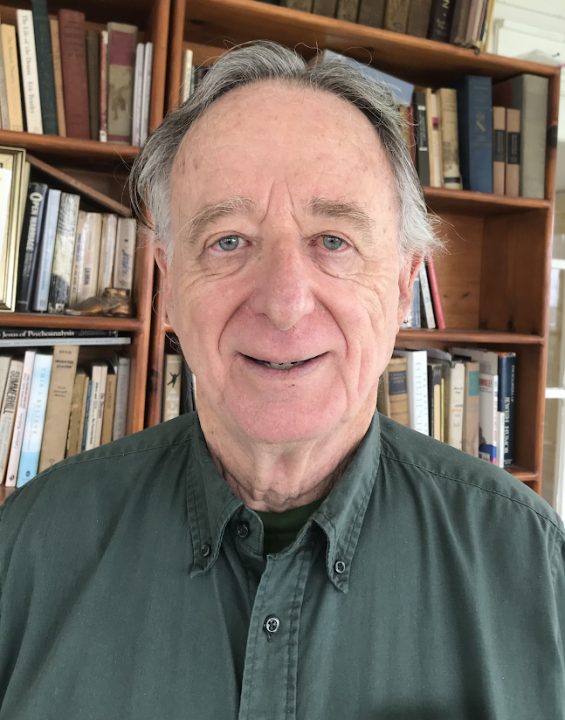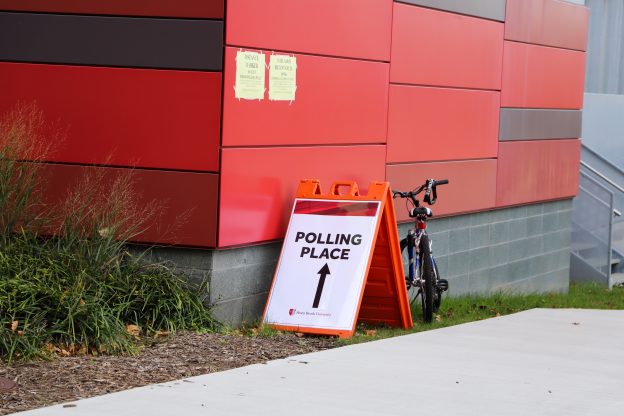
A panel of Stony Brook University experts came together on Nov. 11 to host a community forum on what to expect following the 2020 presidential election.
Despite reputable sources, including the Associated Press (AP), projecting a victory for president-elect Joe Biden, President Donald Trump has continued to dispute the results of the election, claiming voter fraud and election interference.
The event, “Processing the 2020 Election: A Time for Connection, Healing, and Unity,” sought to allow the Stony Brook community to ask questions about the election’s aftermath.
“When you look at our mission, we’re a public university, an institution of higher education. Our job is to produce and share knowledge and help advance the careers of others,” Laura Lindenfeld, dean of the School of Journalism and moderator of the event, said in a later interview with The Statesman. “If we are not having a conversation about things that matter, we are not doing our job.”
The event, despite being conceptualized and planned days prior, was described as one with “good energy,” by Lindenfeld.
The panel featured Yanna Krupnikov and Ryan Vander Wielen, two associate professors of political science, as well as Judith Brown Clarke, vice president of Equity and Inclusion and chief diversity officer.
The panel responded to questions and comments from viewers about the Electoral College, pardons and other political discourses.
“The event was very informative and helpful for understanding the next couple of months and the transition of leadership. It was so important to frame the conversation within the context of hope, civility and progress,” Clarke said in an email to The Statesman. “We can’t control the world at large, but we can absolutely positively influence the world we live in by being compassionate and affirming to everyone.”
The panel explained that the next step towards Biden’s presumed inauguration is for the states to certify their election results.
Following that, the electors themselves will meet Dec. 14. There, with their specific state’s interests in mind, they will cast their vote for president. Their votes typically reflect their state’s popular vote, yet in 2016, seven of the 538 electors were “faithless electors” that voted for somebody other than the winner of their state/territory’s popular vote.
On Jan. 6, in a joint congressional session, the legislative branch will count the votes presented to them by each state. Assuming there are no disputes over the validity of the votes, they will declare an official winner that day.
“There’s a lot of uncertainty about how all of that goes down the adjudication of the electors, but knock on wood, this is all fairly routine,” Wielen said.
Krupnikov explained that candidates can request a recount, although it can be expensive. Candidates can also file lawsuits, but he explained that they often get thrown out because “the burden of proof is on the candidate to show that there is a reason to, in fact, challenge certain types of boats.”
Different states have varying laws on how recounts may be triggered. Georgia has already announced that they will conduct a state-wide recount by hand because the margin was so small.
Vander Wielen explained what will happen from now to Biden’s inauguration on Jan. 20. While he is hoping for another stimulus package for Americans, he does not expect much to happen soon, citing the unproductiveness of the 116th Congress. He explained that much of it lies in the political polarization between Democrats and Republicans.
“I mean, we’re talking fewer than 200 public laws enacted, which is less than half of what the previous Congress had, and that Congress was historically quite low,” Vander Wielen said. “So you know, I’m not optimistic that anything will change in that regard.”
Krupnikov mentioned that the tension has gone beyond politicians. Now, voters themselves are also expressing aggression toward those who differ politically from themselves. For independents of the country, they have become dissatisfied with the polarization they are watching, too.
“There are large groups of people who see the divisiveness in Congress and between the parties as not serving them,” Krupnikov said. “They don’t see it being about promoting what is good for the country, justice, and themselves, but about serving the needs of the two parties.”
Richard Gatteau, vice president for Student Affairs and dean of the student division of Student Affairs, who attended the discussion, said that listening to others — even those with different opinions — is important.
“I posted in the chat room a quote I have always tried to live by — said by my favorite graduate school professor, Robert Nash. ‘Find the truth in what you oppose, and the error in what you espouse,’” Gattaeu said. “This quote speaks to the theme of tonight’s discussion, and the importance of active listening and taking the time to unpack and evaluate viewpoints that are different from your own.”
Trump’s actions from now until January were mentioned as something that should be monitored.
“The powers of the presidency have expanded greatly in recent decades,” Vander Wielen said. “There are a lot of executive actions, executive orders, signing statements, pardon, firings, that are going to happen between now and January 20, that are going to have potentially long-term implications now.”
There are not any exact checks or balances in place that prevent a president from making a potentially destructive decision. But Vander Wielen mentioned that “lame duck” presidents, ones that have lost an election but are still in office, have less sway over Congress.
As the event concluded, unity dominated the discourse amongst panelists.
For Clarke, the hope is to create understanding and appreciation at all levels of politics.
“Everybody has a role. We talked about having the maturity of being an empathetic listener and contributing to making Stony Brook a better place,” Clarke said. “What is your role? What do you do to maintain civility when it becomes uncivil?”
Ultimately, Lindenfeld explained that she meant for the night to bring people together.
“There’re so many pieces coming together that could make people feel unsettled,” Lindenfeld said. “We wanted to make sure the campus had an opportunity for people to feel safe, welcomed, and connect with each other.”







